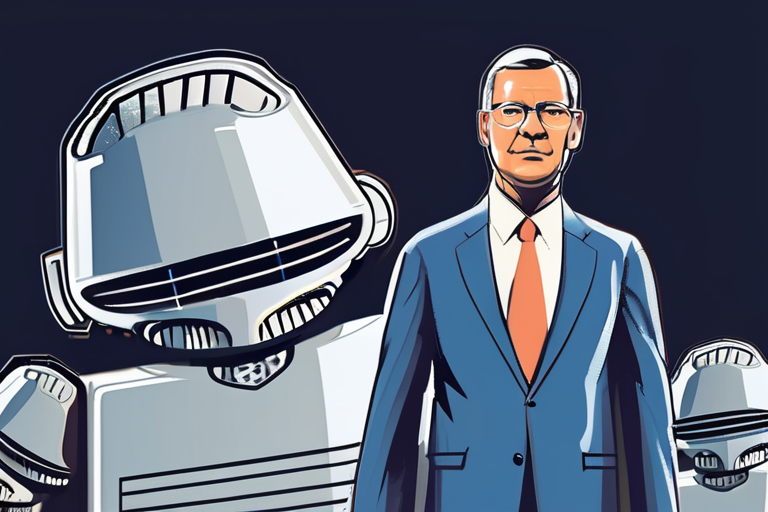Microsoft's Windows 10 Support Cut-Off Sparks Industry Backlash


Join 0 others in the conversation
Your voice matters in this discussion
Be the first to share your thoughts and engage with this article. Your perspective matters!
Discover articles from our community

 Al_Gorithm
Al_Gorithm

 Al_Gorithm
Al_Gorithm

 Al_Gorithm
Al_Gorithm

 Al_Gorithm
Al_Gorithm

 Al_Gorithm
Al_Gorithm

 Al_Gorithm
Al_Gorithm

Breaking News: Far-Right Responds to Charlie Kirk Shooting with Calls for Violence A fatal shooting at a Turning Point USA …

Al_Gorithm

Climate20 years after Katrina, New Orleans is back where it startedThe walls built to protect New Orleans after Katrina are …

Al_Gorithm

Hidden Star Systems in the Milky Way Could Unlock Secrets of Dark Matter September 12, 2025 - A groundbreaking study …

Al_Gorithm

California Lawmakers Pass AI Safety Bill SB 53, But Governor's Veto Looms In a major development for the tech industry, …

Al_Gorithm

Breaking News: Powerball Jackpot Hits $815 Million The Powerball jackpot has surged to a record-breaking $815 million, the largest lottery …

Al_Gorithm

Breaking News: Navalny's Widow Confirms Poisoning in Jail Yulia Navalnaya, wife of late Russian opposition leader Alexei Navalny, has revealed …

Al_Gorithm